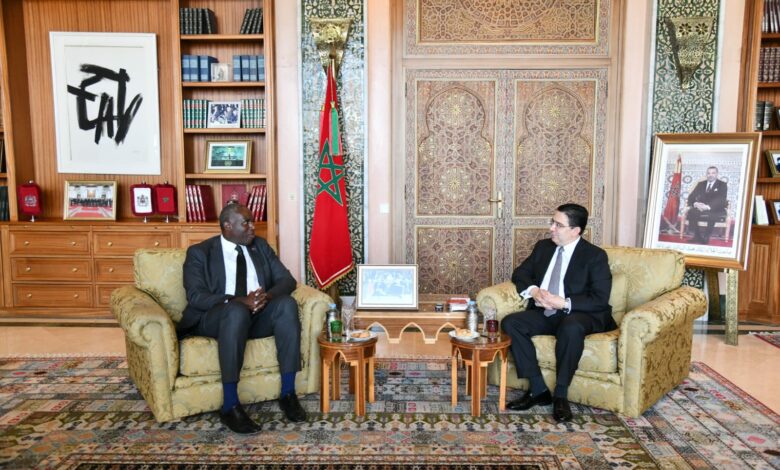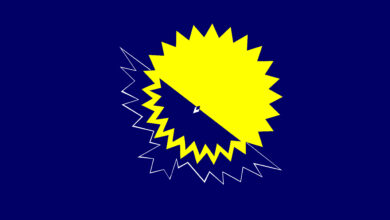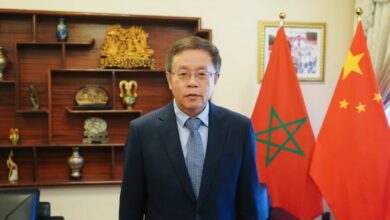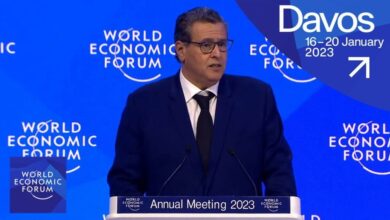A New Diplomatic Victory for Morocco: The UK Backs the Autonomy Plan as a Realistic Solution to the Sahara Dispute
A New Diplomatic Victory for Morocco: The UK Backs the Autonomy Plan as a Realistic Solution to the Sahara Dispute

ALDAR / Analysis
The United Kingdom, a permanent member of the United Nations Security Council, has officially expressed its support for Morocco’s Autonomy Plan, describing it as “the most serious, credible, and realistic” framework for resolving the regional dispute over the Sahara.
This new British stance adds further momentum to the growing international support for the Moroccan initiative, which has already received endorsements from major global powers such as the United States, Germany, Spain, and the Netherlands. It is also a clear testament to Morocco’s success in persuading the international community of the soundness of its political approach to resolving a conflict that has persisted for decades.
British Support at a Critical Juncture
London’s announcement does not come in isolation but reflects a strategic shift in how major global players are positioning themselves on the Sahara issue. It also signals increasing alignment between Rabat and London on matters of security, stability, and development in North Africa and the Sahel region, where Morocco stands out as a trusted regional power.
The UK emphasized that the Autonomy Plan proposed by Morocco in 2007 represents a serious and pragmatic basis for a lasting political solution under UN auspices—an approach that aligns closely with UN Security Council resolutions advocating for a “realistic, practical, and enduring political solution based on compromise.”
Effective and Fruitful Moroccan Diplomacy
This latest achievement is part of a broader series of diplomatic successes that Morocco has accumulated in recent years under the leadership of King Mohammed VI. It reflects a strategy combining political wisdom, economic openness, and the strengthening of both bilateral and multilateral partnerships.
The British shift is a direct result of intensified political dialogue, high-level diplomatic exchanges, and increased cooperation in strategic areas, particularly counterterrorism, irregular migration, and energy transition.
Strategic Implications of the British Position
The significance of the UK’s support goes beyond symbolism; it carries substantial strategic weight, especially in light of Britain’s influence within the international system and its status as a permanent member of the Security Council. This endorsement could positively influence future UN resolutions, particularly those relating to the renewal of the MINURSO mission or assessments of the political process.
It also reinforces Morocco’s position as a credible and reliable interlocutor in both regional and international affairs, while further isolating separatist narratives that are increasingly losing ground on the international stage—even among circles that previously expressed sympathy toward them.
Growing International Recognition for Morocco’s Proposal
With each passing day, the number of countries backing Morocco’s Autonomy Plan under its sovereignty continues to grow. This trend reaffirms that the only viable and lasting solution to this artificial conflict lies within the framework of Morocco’s national sovereignty and territorial integrity.
As such, Morocco records yet another diplomatic milestone in the Sahara dossier, underlining the effectiveness of its strategy built on clarity, proactive engagement, and responsible involvement in international institutions. The Kingdom continues to advance confidently toward closing this file definitively, based on a vision centered on peaceful, realistic, and lasting resolution.





